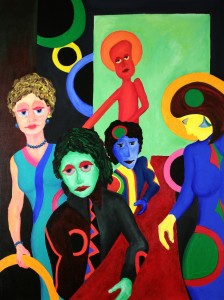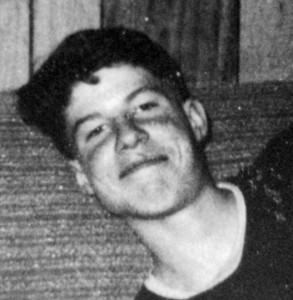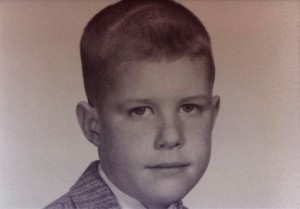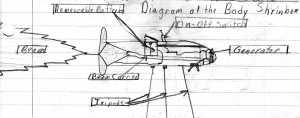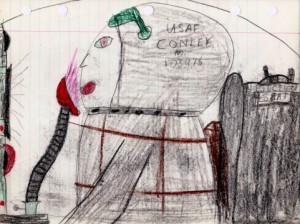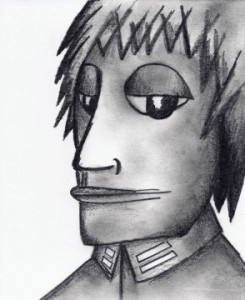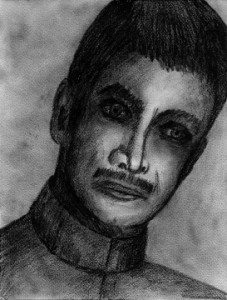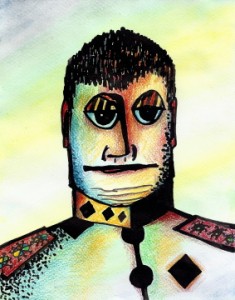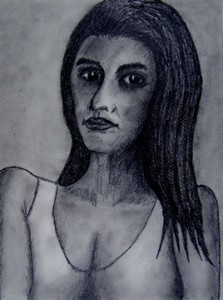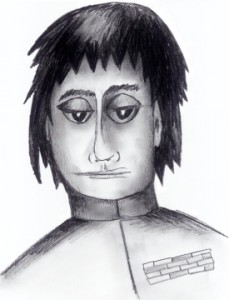 I recently realized that I keep blowing up expensive spaceships, and that there’s a new Typhoon spaceship (I, II, III, IV, V, VI) for every book in the Jack Commer, Supreme Commander series. Though I skipped a Typhoon in Book Three, I apparently unconsciously made up for that by having both a III and a IV in Book Four.
I recently realized that I keep blowing up expensive spaceships, and that there’s a new Typhoon spaceship (I, II, III, IV, V, VI) for every book in the Jack Commer, Supreme Commander series. Though I skipped a Typhoon in Book Three, I apparently unconsciously made up for that by having both a III and a IV in Book Four.
According to the received wisdom of the Jack Commer series, the Typhoon Project began in 2028 with the experimental Typhoon E (briefly alluded to in Book One, The Martian Marauders) and by 2033 the first operational version, Typhoon I, had demonstrated its ability to destroy the planet Earth with the Xon bomb. Its sister ship, the upgraded Typhoon II, was the theater stage for Jack Commer’s debacle-rich failure to negotiate an end to the Sol-Alpha Centaurian war in 2035.
I finally drew the 2028 Typhoon E experimental craft this year. I decided it should look appropriately clunky as a test bed for the first augmented nuclear drive engine and Xon bomb delivery system. Created during the buildup to war with the Central Asian Powers, it had 1/20 light speed, unheard of at that time, and a crew of four. Crews of both Typhoon I and Typhoon II rotated in and out of this project.
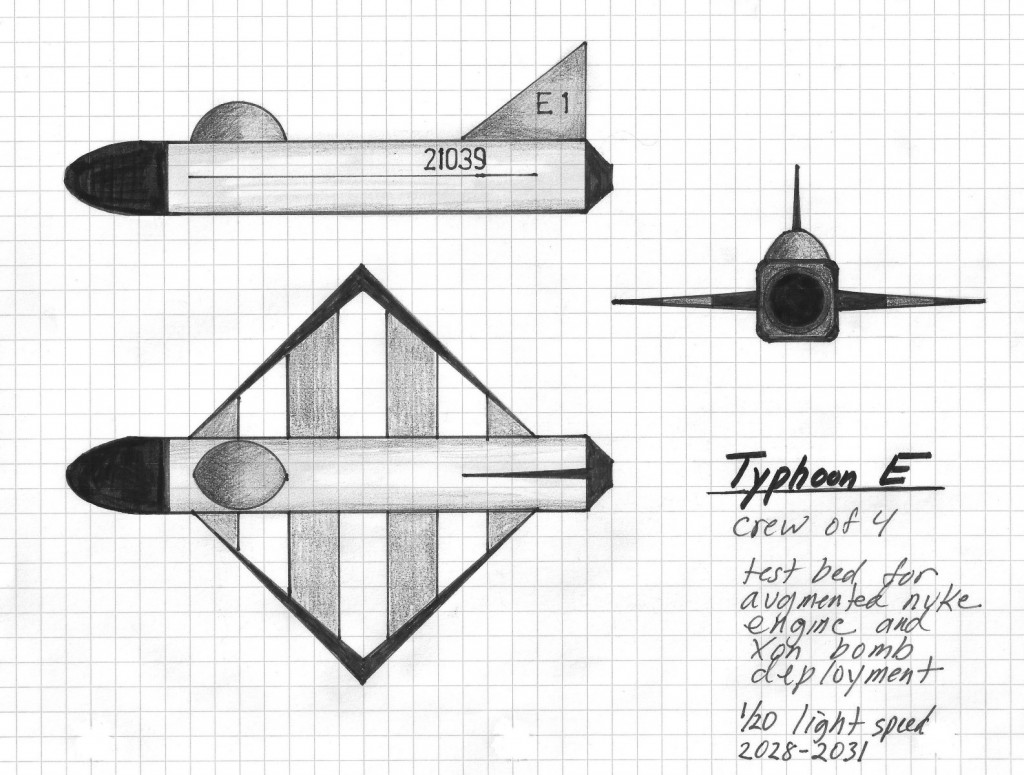 The 1965 drawings of the Typhoon I and Typhoon II for the first childhood version of The Martian Marauders took care of any concerns I had visualizing the action for my childhood plot:
The 1965 drawings of the Typhoon I and Typhoon II for the first childhood version of The Martian Marauders took care of any concerns I had visualizing the action for my childhood plot:
 When I input the ancient manuscript into EasyWriter II in 1986, I traced and neatened the same drawings and, though crude, these sufficed to see me through the modern revision of The Martian Marauders in the early 2000’s.
When I input the ancient manuscript into EasyWriter II in 1986, I traced and neatened the same drawings and, though crude, these sufficed to see me through the modern revision of The Martian Marauders in the early 2000’s.
But while working on later drafts of Book Two, Jack Commer, Supreme Commander, I needed a better grasp of the Pod, which was hastily engineered between summer 2034 and the beginning of the Typhoon II mission to Alpha Centauri in February 2035. From Book Two, Jack Commer, Supreme Commander:
He didn’t like the idea of a Pod attached to his sleek ship in the first place. It was like carting around a fashionable Marsport condominium, with its huge central recreation room, sixteen personal compartments for use by the three Martians and seven humans on the flight, as well as negotiation rooms where, everyone hoped, treaties would be hammered out with the Alpha Centaurians. The saucer had a kitchen, food to last several months, showers, exercise machines–and sixty-four Xon bombs in the lower compartment. These, added to the normal complement of four Xon bombs in the Typhoon II’s nose, along with the powerful pair of PlanetBlasters mounted on the back and belly of the craft, gave Jack the capability of destroying several solar systems in the course of an eight-hour work day–if negotiations failed.
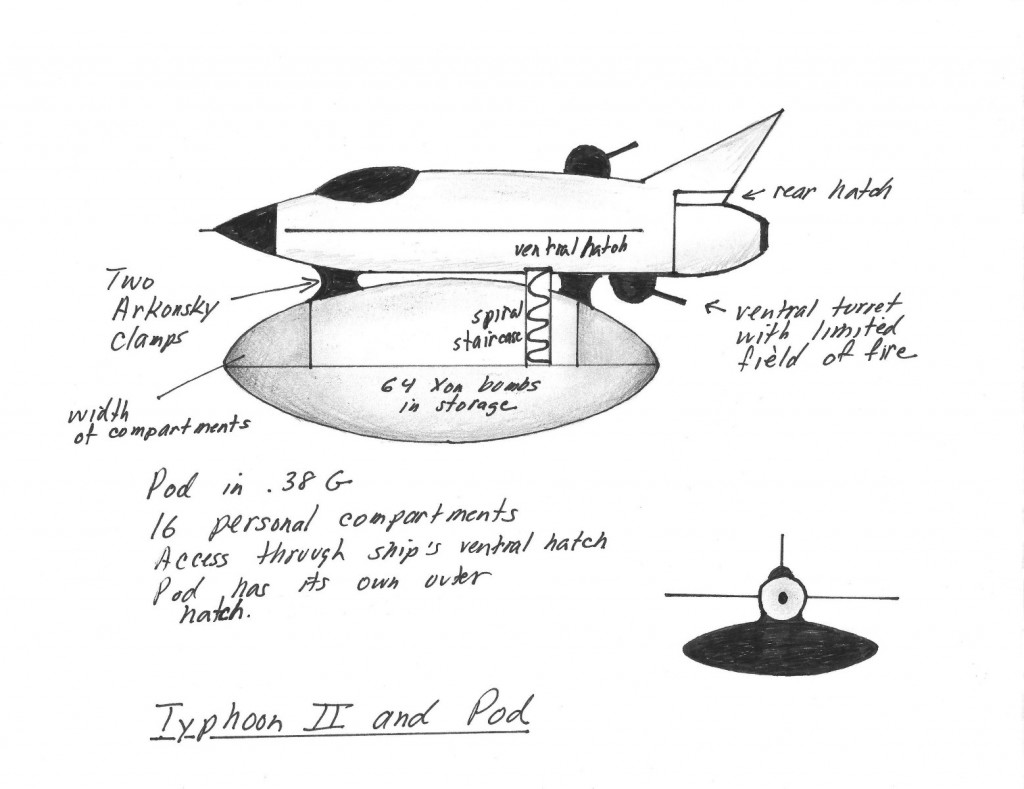 In writing Book Three, Nonprofit Chronowar, I figured I should know how the evacuation passenger shells worked. Early 1964 drawings showing the full engine blast from the end of Typhoon I going straight through the passenger shell would obviously obtain fatal results for both shell and passengers, so I came up with a shell slung under the belly of the Typhoon, similar to how the Space Shuttle held its main fuel tank. Pegasus, the passenger shell mentioned in Nonprofit Chronowar, could hold 1,140 people. That particular shell would probably have to be somewhat larger than this model:
In writing Book Three, Nonprofit Chronowar, I figured I should know how the evacuation passenger shells worked. Early 1964 drawings showing the full engine blast from the end of Typhoon I going straight through the passenger shell would obviously obtain fatal results for both shell and passengers, so I came up with a shell slung under the belly of the Typhoon, similar to how the Space Shuttle held its main fuel tank. Pegasus, the passenger shell mentioned in Nonprofit Chronowar, could hold 1,140 people. That particular shell would probably have to be somewhat larger than this model:
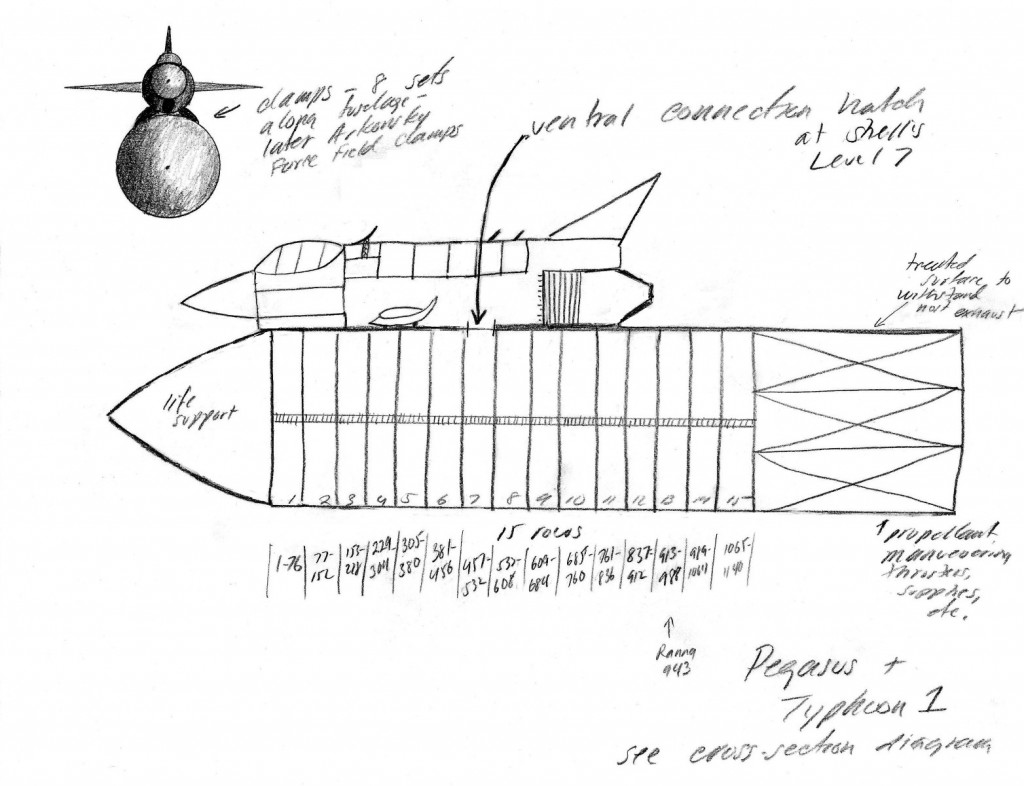 Collapse and Delusion, The Wounded Frontier, and Commer of the Rebellion all required ongoing development of the Typhoon series, and again I needed to nail down the theatrical stages on which the characters interacted. The Typhoon III series, designed in 2038, was a major upgrade in size, Star Drive propulsion, and weaponry, and by 2076 there were thirty-five Typhoon III-class ships, including the first two ships, Typhoon III and Typhoon IV.
Collapse and Delusion, The Wounded Frontier, and Commer of the Rebellion all required ongoing development of the Typhoon series, and again I needed to nail down the theatrical stages on which the characters interacted. The Typhoon III series, designed in 2038, was a major upgrade in size, Star Drive propulsion, and weaponry, and by 2076 there were thirty-five Typhoon III-class ships, including the first two ships, Typhoon III and Typhoon IV.
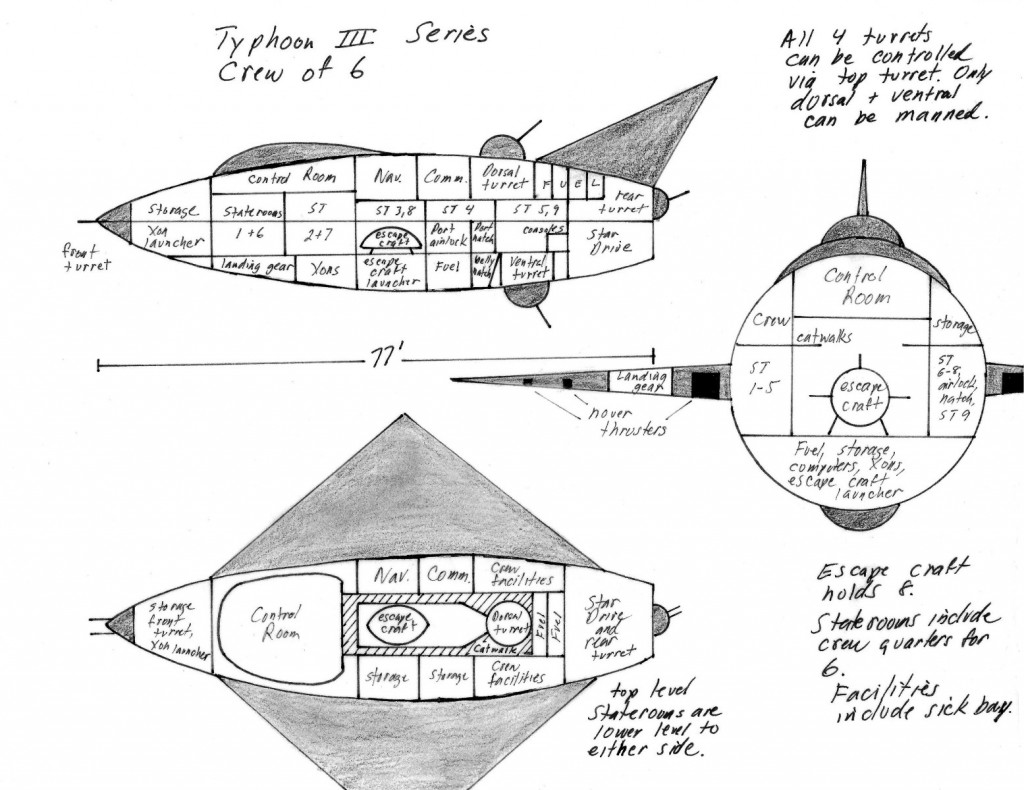 Typhoon V in 2075 and its descendants Typhoons VI and VII were another major design evolution, intended to move humanity beyond warfare in the immediate solar neighborhood to the exploration of distant star systems. To build the Typhoon V in 2075 cost roughly one-sixteenth of the Sol economy. The 2076 models, Typhoon VI and Typhoon VII, though the same size as the V, were vastly improved and were built faster and cheaper with the aid of new technologies from Iota Persei and explorers returning from the realm of Garr/thahg.
Typhoon V in 2075 and its descendants Typhoons VI and VII were another major design evolution, intended to move humanity beyond warfare in the immediate solar neighborhood to the exploration of distant star systems. To build the Typhoon V in 2075 cost roughly one-sixteenth of the Sol economy. The 2076 models, Typhoon VI and Typhoon VII, though the same size as the V, were vastly improved and were built faster and cheaper with the aid of new technologies from Iota Persei and explorers returning from the realm of Garr/thahg.
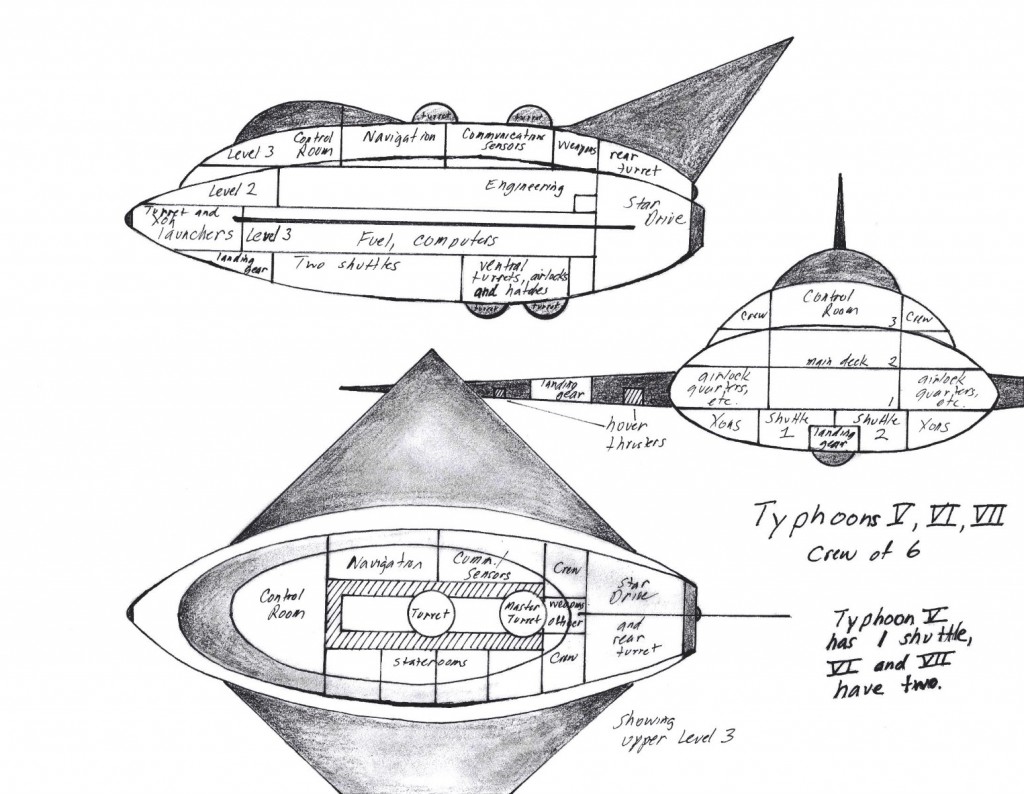 I first drew the Typhoon I spaceship in childhood, as early as 1964, for there are drawings of the triangular-winged space plane in my sixth grade Trip to Mars. I knew at the time that there was a U.S. Air Force project, Dyna-Soar, a late fifties-early sixties precursor to the Space Shuttle, but though I seem to recall having an actual plastic model of it, I don’t think Dyna-Soar was a basis for the Typhoon design; though the two ships are close in size, they look quite different.
I first drew the Typhoon I spaceship in childhood, as early as 1964, for there are drawings of the triangular-winged space plane in my sixth grade Trip to Mars. I knew at the time that there was a U.S. Air Force project, Dyna-Soar, a late fifties-early sixties precursor to the Space Shuttle, but though I seem to recall having an actual plastic model of it, I don’t think Dyna-Soar was a basis for the Typhoon design; though the two ships are close in size, they look quite different.
I drew the Typhoon I over and over, but this wasn’t my only spaceship. I recently unearthed from my archives over a hundred spaceship drawings from the sixties. While most were simply aesthetic reworking of existing multi-stage rocket ship designs you could get from any science fiction movie, some also sketched a rocket plane similar to the Typhoon:
 All these designs showcase the difficulty of envisioning a three-dimensional spacecraft, with some sane chance of actually being able to fly, when you primarily want to draw a cool-looking, dangerous object. The Typhoon’s “augmented nuclear powered engine” and its subsequent Star Drive are ludicrously tiny, but that was part of the point, as even as a child I envisioned exponential technological growth in our near future.
All these designs showcase the difficulty of envisioning a three-dimensional spacecraft, with some sane chance of actually being able to fly, when you primarily want to draw a cool-looking, dangerous object. The Typhoon’s “augmented nuclear powered engine” and its subsequent Star Drive are ludicrously tiny, but that was part of the point, as even as a child I envisioned exponential technological growth in our near future.
Copyright 2014 by Michael D. Smith
Spaceships page on sortmind.com
Jack Commer, Supreme Commander overview page

